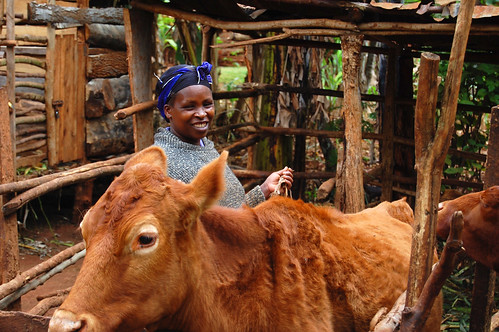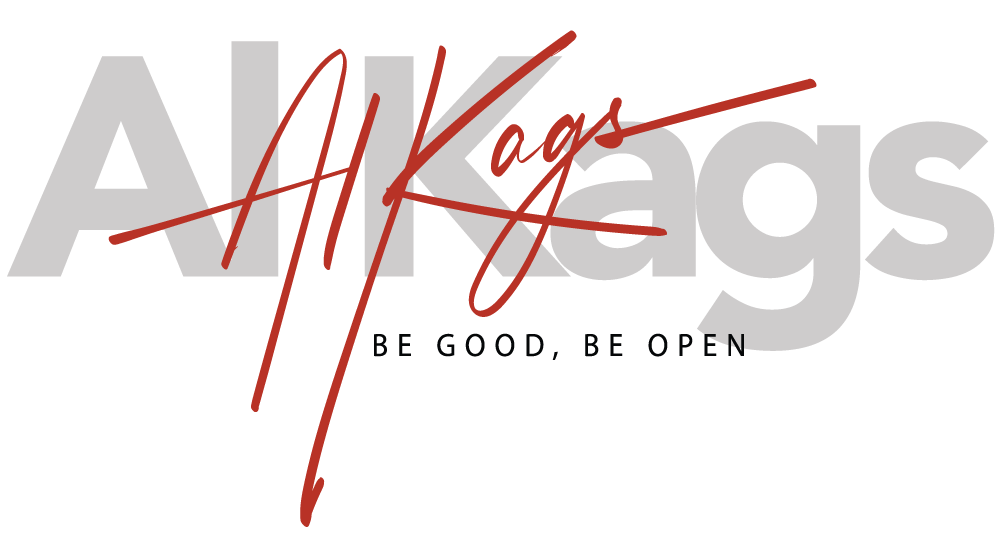The VAT Act became law in Kenya and was implemented in the past two weeks. With it, came an increase in a number of daily necessities that have seen major changes in my house. These commodities include Milk and Newspapers (among several others)
I have not bought a newspaper in the last approximately 2 weeks and my understanding is that many Kenyans have made this choice. After all, we reason, the newspaper is online for free and I can get my news additionally from radio, TV and social media (which, by the way has become very robust in Kenya). The newspaper was a zero-rated commodity before, although it still cost a great deal (Kshs. 50) as some of the inputs were brought into the tax bracket. Then the government moved to tax newspapers VAT directly, slapping ad additional 8 shillings (16% of 50), which should have made the cost of the newspaper Kshs. 58. In their collective wisdom, the various media houses have altogether brought the new price of the newspaper to Kshs. 60.

In pricing strategy, marketers always ask themselves where the threshold is – where the price of something becomes so unreasonable as to cause the customer to walk away. For me, the price of the newspaper has hit that threshold, for several reasons.
First, I believe that while it was inevitable that the price of the newspaper would go up in the face of the new VAT bill. But I would have expected to share that cost with the media house – especially given that the actual take-home value of the newspaper has receded somewhat in this century. I get the news for free from many other sources and even the value added inforamtion – say, tender advertisements, jobs and other advertisements I get from other sources, not least of which are olx, onlinetenders, cheki, mzoori and many others. I will get my gossip from such online magazines as Ghafla, the Kenyan Daily Post and other blogs.
Secondly, I feel exploited by the media houses. If they have added the cost of the newspaper because of the government’s move to add VAT to the newspaper, then why add that extra 2 shillings to burden me? Why not move the cost to 55 shillings and have them take a hit of 3 shillings? The best selling newspaper now sells at best 200,000 copies in a day. That extra 2 shillings (which goes straight to their profits), means an extra Kshs. 400,000 a day, er… Kshs. 12 million a month or 144 Million a year! Whopping, I think their editorial teams would call it. Or Whooping, I have occasionally seen. They could instead have chosen to charge me Kshs. 55 and save me 3 shillings a day – er… 21 shillings a week or 84 shillings a month or Kshs. 1,008 a year PER NEWSPAPER. Remember that they already were making a tidy profit when the price was Kshs. 50.
So, I guess I shall save myself what I was already spending on the newspaper and redirect the Kshs. 50 – er… Kshs. 350 a week, Kshs. 1,400 a month or Kshs. 16,800 a year per newspaper, to other priorities.
What will I miss anyway if I don’t buy the newspaper anyway – really?
Milk is another commodity that I have had to have a real think about. In my house, we have to use about 13 litres of Milk every week. Each half litre packet of milk before the new VAT rules costed Kshs. 45, meaning that I had to spend Kshs. 1,170 every week on milk. Now, each half litre of milk costs Kshs. 60 bring my weekly cost to Kshs. 1,560. Again, I feel that this costs too much. I was feeling oppressed on the issue of milk until I found a solution from the law. The technicality is that VAT will be charged on processed milk not milk from the cow.
So I turned to my venerable grandmother who informed me that at her house she buys a litre of milk for Kshs. 49 – a litre! I spoke to a couple of other people who told me that this is the cost of milk and the cows are in Ruiru, Juja, Rwaka, Muchatha, Banana, Limuru, Ongata Rongai – really not that far when one thinks about it. And there are colleagues of ours who live there who come to Nairobi to work daily.

The catch for unprocessed milk is that there are some unscrupulous milk sellers – from the kind that water the milk a little to the kind that manufacture fake milk from chemicals. So you must have a way to vouch for the cow, whence your milk came. With relatives and friends who have cows or who live next to cows, my solution came easily. Now, every week, my milk comes from a cow, I boil it myself and refrigerate it myself. At a cost of Kshs. 49 per litre, the weekly cost is only Kshs. 637! I save from my pre-VAT expense of Kshs. 1,170, a whopping (or whooping) Kshs. 533 per week – er… Kshs. 2,132 per  month or Kshs. 25,584 per year. Against the post VAT costs, I save Kshs. 44,304(!) per year.
month or Kshs. 25,584 per year. Against the post VAT costs, I save Kshs. 44,304(!) per year.
You know, every cent counts for me. Bread has fallen by the way side and it has been replaced by the healthier Arrow roots and Sweet Potatoes, saving me an additional bundle. From milk and newspapers alone, I have saved Kshs. 61,104.
What can you do with an extra Kshs. 61,104? Well, I hear in the news there are places at the coast where they are selling newly titled land for throwaway prices. Pwani, here I come!


Al Kags, as for me, i am worst hit. My 3 year old baby loves milk and can survive on milk alone the whole day. I am trying to device a way of getting him to substitute the yorghut, dairy fresh and fresh milk with lots of Porridge and weetabix with warm water instead of milk. He is used to taking porridge only once a day. But now he has to take it more often. Its pretty hard and i hope to succeed eventually. Else, we shall be fighting a war that i might not win. Meaning, i have to sacrifice some of my other important things for him until he is of the age of understanding what this VAT thing is all about.